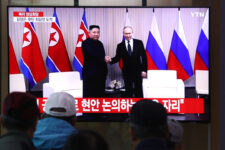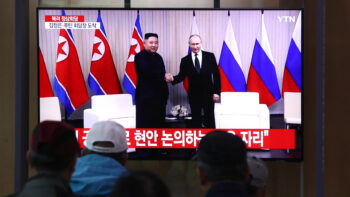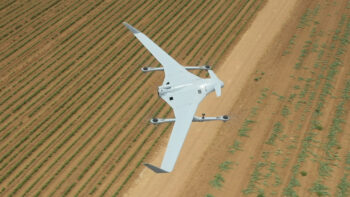The Department of Defense is the largest energy consumer in the US, and is facing many of the same challenges as the rest of the country with aging infrastructure and an increasing need to use renewable fuels. As the forces become more serious about meeting those challenges, their contractors are rushing to help them.
Most major industrial and technology firms have some contractual history with the US government, but few have the depth and breadth of experience and contacts within the Defense Department that Boeing does. But Boeing is not an energy company by specialization, especially when it comes to smart grid deployment, so the firm has turned to German-based, but increasingly US-invested, Siemens to partner with it on meeting the Department of Defense’s ambitious energy goals.
To read more about Siemens’ extensive investment in the US energy business, read CEO Peter Loescher’s editorial for Breaking Energy on the company’s increased US manufacturing presence. For more on Siemens’ predominant position in its home market, see our article on Germany’s lead in wind energy.
The two firms have already partnered on various projects, but their focus in the coming months will be on jointly bidding for micro-grid installations at Defense Department installations. The firms will be replacing 25-30 year-old energy infrastructure without communications functionality, and in the next few months will already begin delivering “architectures and standards” on the proposed small-scale smart grids, Siemens US federal business head Judi Marks said on a call announcing the partnership today.
The defense projects are potentially central to wider commercial application of smart grid across the US, Boeing Energy VP Tim Noonan said on the same call. Defense is “a potential test bed” to commercialize products and processes, he said.
The two companies have been working together toward the partnership for roughly a year now, the executives said, and initial resources from each firm include dedicated personnel and technology.
While the initial contracts the partnership will serve are on the small side, experience in the overlap of defense and energy could pay off with access to much larger contracts, both executives said. Marks cited $20 billion in energy spending by the Department of Defense each year, with $4 billion at their own facilities alone.
Everything comes down to Ukraine: 5 stories from Europe in 2024
Of all that happened during the Ukraine conflict in the last 12 months, the deployment of North Korean troops to the Russian border territory of Kursk stands out from the pack.


























